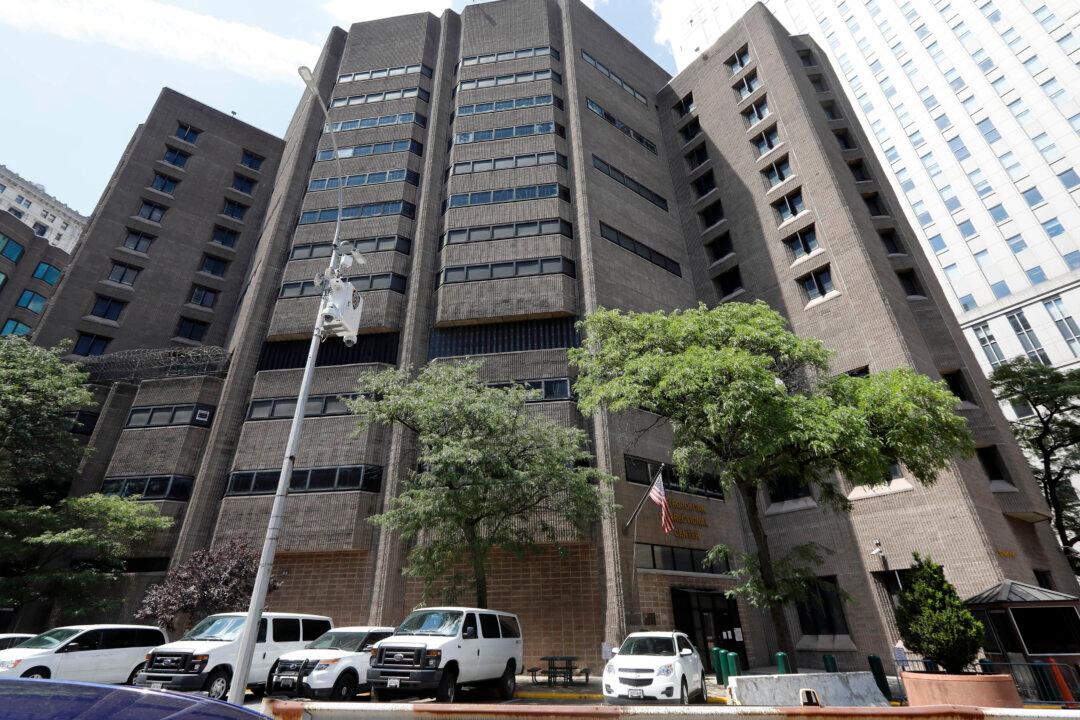The death of accused sex trafficker Jeffrey Epstein was enabled by a failure on the part authorities responsible for his detention, according to Bernard Kerik, who served as head of New York City’s jail system before becoming the city’s police commissioner.
Kerik affirmed the official statement that Epstein apparently committed suicide in his detention cell and noted that he had predicted that Epstein would do so.





